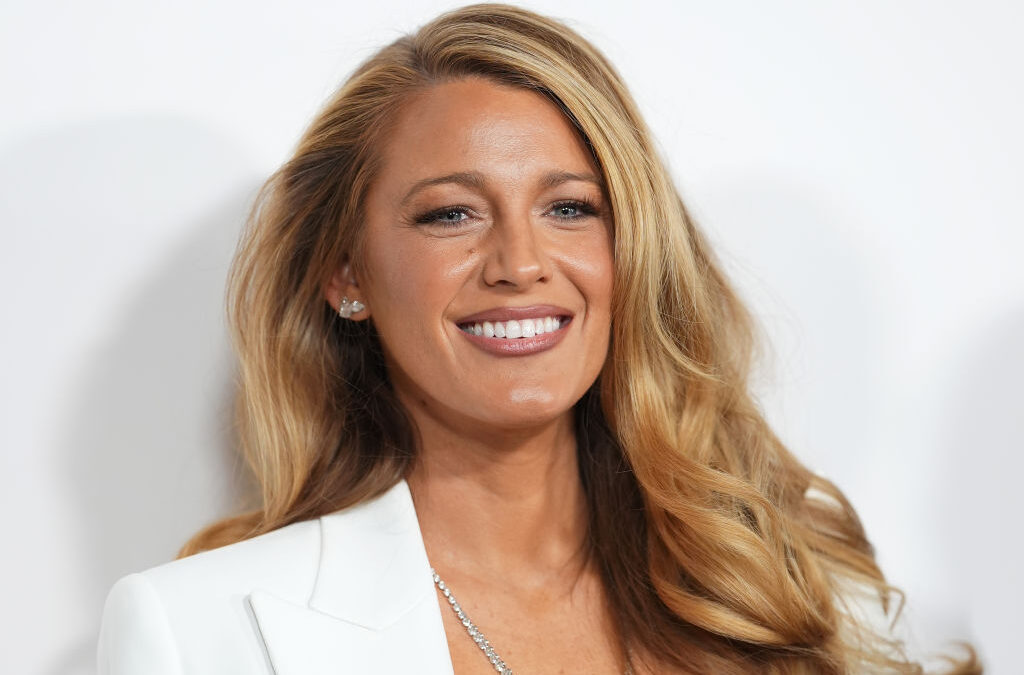Untangling the Blake Lively vs Justin Baldoni legal firestorm
It Ends with Us started a legal and reputational battle for the ages. Where will this actually end?
Words by Laura Bradley
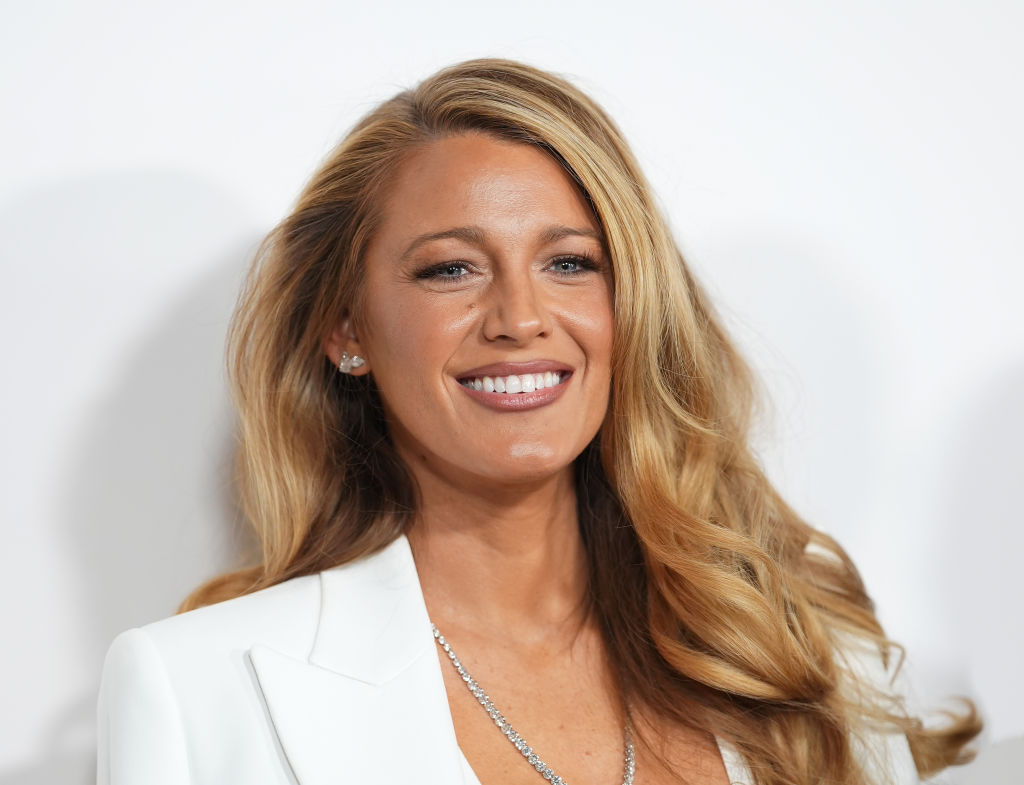
For Blake Lively, the publicity tour for Another Simple Favor has been far from simple. For months, she has been embroiled in a multimillion-dollar legal and reputational battle with her It Ends With Us co-star and director, Justin Baldoni – one that seems to have hampered her promotional efforts.
While Lively worked tirelessly on the press circuit for the original A Simple Favor, her tour for the second was much more subdued. She gave her first TV interview for the film’s Prime Video premiere on 1 May. Meanwhile, even innocuous public appearances – like Lively helping out a friend at her doughnut shop – have become tabloid fodder. Headlines about the film’s premiere have referenced the dispute and a Baldoni supporter even protested at the film’s South by South-west debut in March.
Hollywood is no stranger to big, costly legal fights, but this is different. Last December, Lively accused Baldoni of workplace sexual harassment and ‘embark[ing] on a sophisticated press and digital plan in retaliation for Ms Lively exercising her legally protected right to speak up about their misconduct on the set, with the additional objective of intimidating her and anyone else from revealing in public what actually occurred’.
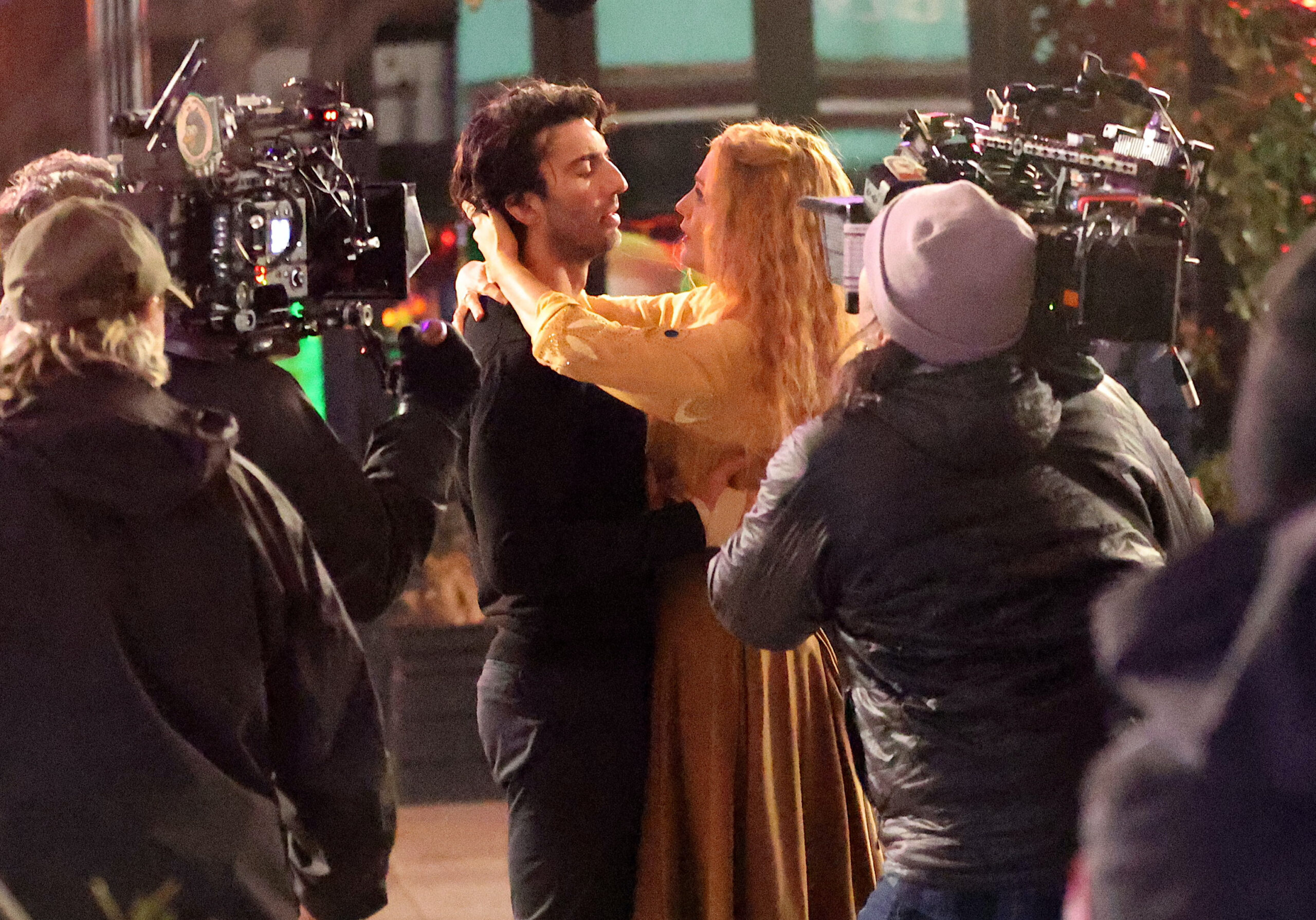
In his own complaint, Baldoni vehemently denied the allegations and alleged that Lively used her ‘enormous power to steal an entire film right out of the hands of its director and production studio’ before subsequently using ‘cherry-picked text messages, stripped of context and even manipulated, to peddle a narrative’ that he, his production company and its publicity team ‘had responded to Lively’s complaints about purported sexual harassment by plotting to destroy her reputation through a shadow smear campaign.’
Several lawsuits have flown between Lively, Baldoni and other parties, together seeking hundreds of millions in damages. It will be months before the actors go to trial, but the court of public opinion already seems to be leaning in one direction. As international attorney Ann Olivarius OBE KC (Hon) of McAllister Olivarius puts it, ‘All of a sudden, everyone hates Blake Lively.’ But what consequences could this have for both actors long-term?
Before It Ends With Us, Lively was best known for starring in Gossip Girl and films like The Shallows and The Sisterhood Of The Travelling Pants. Baldoni, meanwhile, starred in Jane The Virgin, co-founded Wayfarer Studios (which produced It Ends With Us) and previously directed films including Five Feet Apart. Lively had a larger following and more industry clout – a red- carpet It girl with a breezy SoCal persona who, with the right casting choices, had the potential to become a Hollywood legend. Baldoni, meanwhile, centered his persona around dismantling toxic masculinity. In his podcast, Man Enough, he explores how gender roles affect everyone in society.
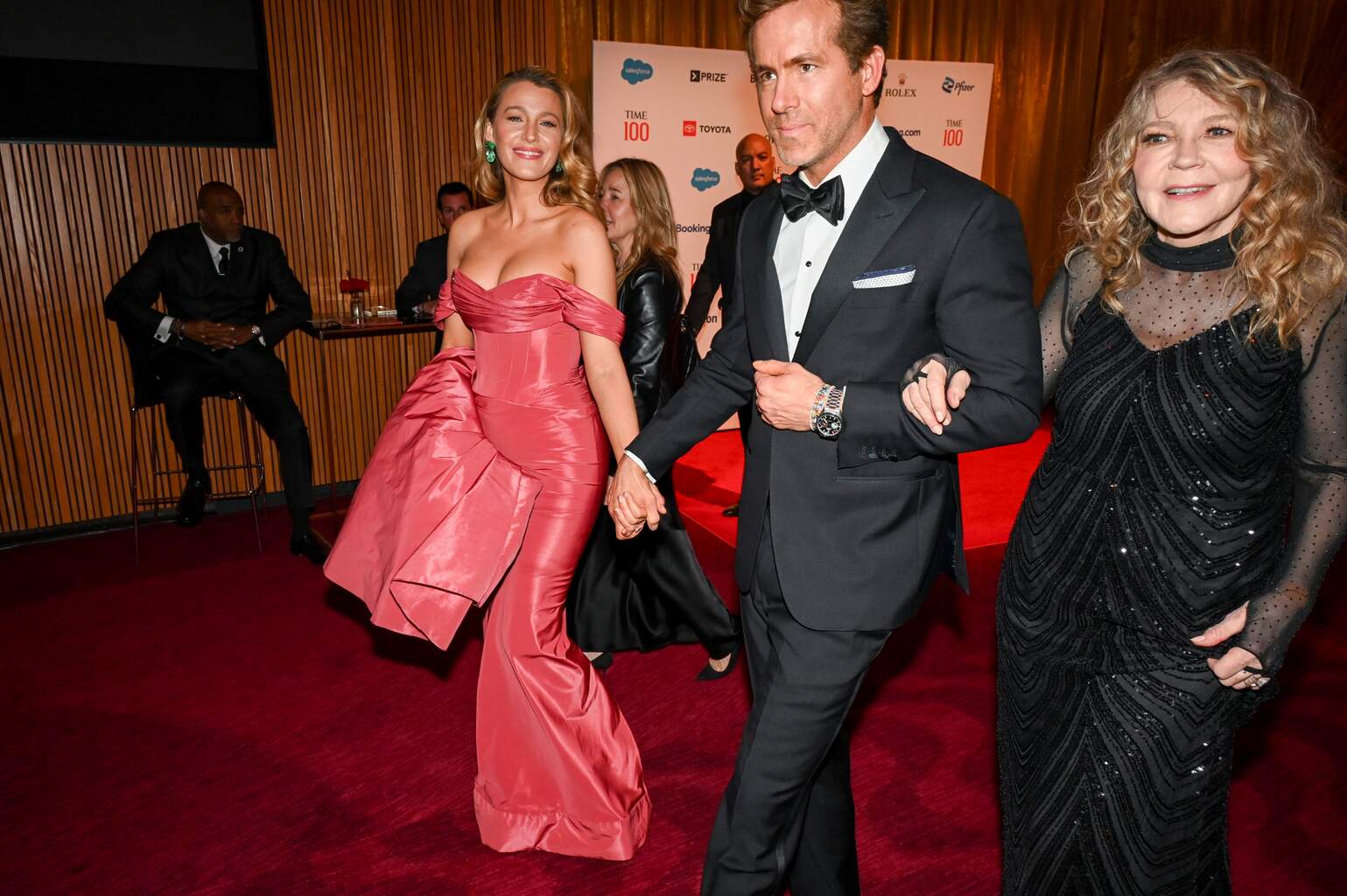
When Lively’s allegations first surfaced, a number of her Hollywood peers supported her. It Ends With Us author Colleen Hoover and actors Brandon Sklenar and Jenny Slate, Amber Heard, Paul Feig, Amy Schumer, Kaitlin Olson and Lively’s former Sisterhood Of The Traveling Pants co-stars all released statements. Baldoni, meanwhile, has received more support online – both from influencers and former clients of his attorney, Bryan Freedman, including right-wing commentator Megyn Kelly and Perez Hilton. While the online conversation continues, the chat in Hollywood has slowed down. (Hoover, Feig, Lively’s Sisterhood co-stars, Gossip Girl actors Leighton Meester, Penn Badgley and Chace Crawford, A Simple Favor co-star Anna Kendrick, Slate and multiple It Ends With Us crew members didn’t respond to requests for comment.)
Although the dispute has certainly shifted both Lively and Baldoni’s reputations (arguably, in both cases, for the worse), culture reporter Kat Tenbarge – who specialises in internet culture – has observed one key difference. On Instagram, Tenbarge notes, ‘Blake Lively has lost millions of followers, with a dramatic uptick after Justin Baldoni filed his countersuit.’ And although Baldoni initially lost followers when Lively’s allegations first became news, ‘after he filed his countersuit, he started gaining followers’. In March, pop-culture website Wealth Of Geeks reported that Lively had lost 1.2m followers while Baldoni had gained hundreds of thousands.
That said, Tenbarge cautions, Instagram users can boost their profiles by buying followers, although there is nothing to suggest that either Baldoni or Lively has engaged in this practice. Tenbarge prefers a more qualitative approach to assessing online reputations, examining what content performs well on various social platforms. There, too, she says, ‘You can see a really marked difference.’
‘The message online often boils down to: Justin Baldoni is good, Blake Lively is bad.’
The content that tends to perform well follows a similar template to videos that commanded lots of engagement during the Johnny Depp-Amber Heard trial, Tenbarge says. Often, the message boils down to, ‘Justin Baldoni is good; Blake Lively is bad.’
According to Tenbarge, the content creators behind these videos often either lack legal training or express a clear bias in their coverage. Baldoni supporters will post a constant stream of videos zeroing in on every bit of minutiae in the case. ‘A lot of times, when you are able to find the few examples of pro-Lively content, the people who are making that content are not usually as dedicated toit,’ Tenbarge says. ‘You might find a TikTok here or there that has done really well that is supportive of Lively, but it’s rare to find someone who is covering the case day by day by day… because there isn’t nearly as big of an audience for that type of content.’
As Olivarius points out, the internet’s business model rewards content creators who jump on the bandwagon – especially with Blake because now, as ever, sexism sells. ‘That’s how the internet business model is set up,’ she says. ‘You can label a bad girl. People love bad girls. They just go after them.’
According to Lively’s lawsuit, the backlash against her is part of a targeted campaign to sabotage her reputation. Baldoni’s camp deny any such thing, and claim that Lively’s California Rights Department (CRD) complaint was ‘rife with lies and doctored “evidence”.’ According to his complaint, ‘The backlash against Lively was the inevitable fallout of her own mercenary messaging and self-promotional tactics, amplified by her inability to read the room’ in addressing the film’s focus on domestic violence. In response to Baldoni’s lawsuit, Lively’s legal team countered, ‘This is an age-old story: a woman speaks up with concrete evidence of sexual harassment and retaliation and the abuser attempts to turn the tables on the victim.’
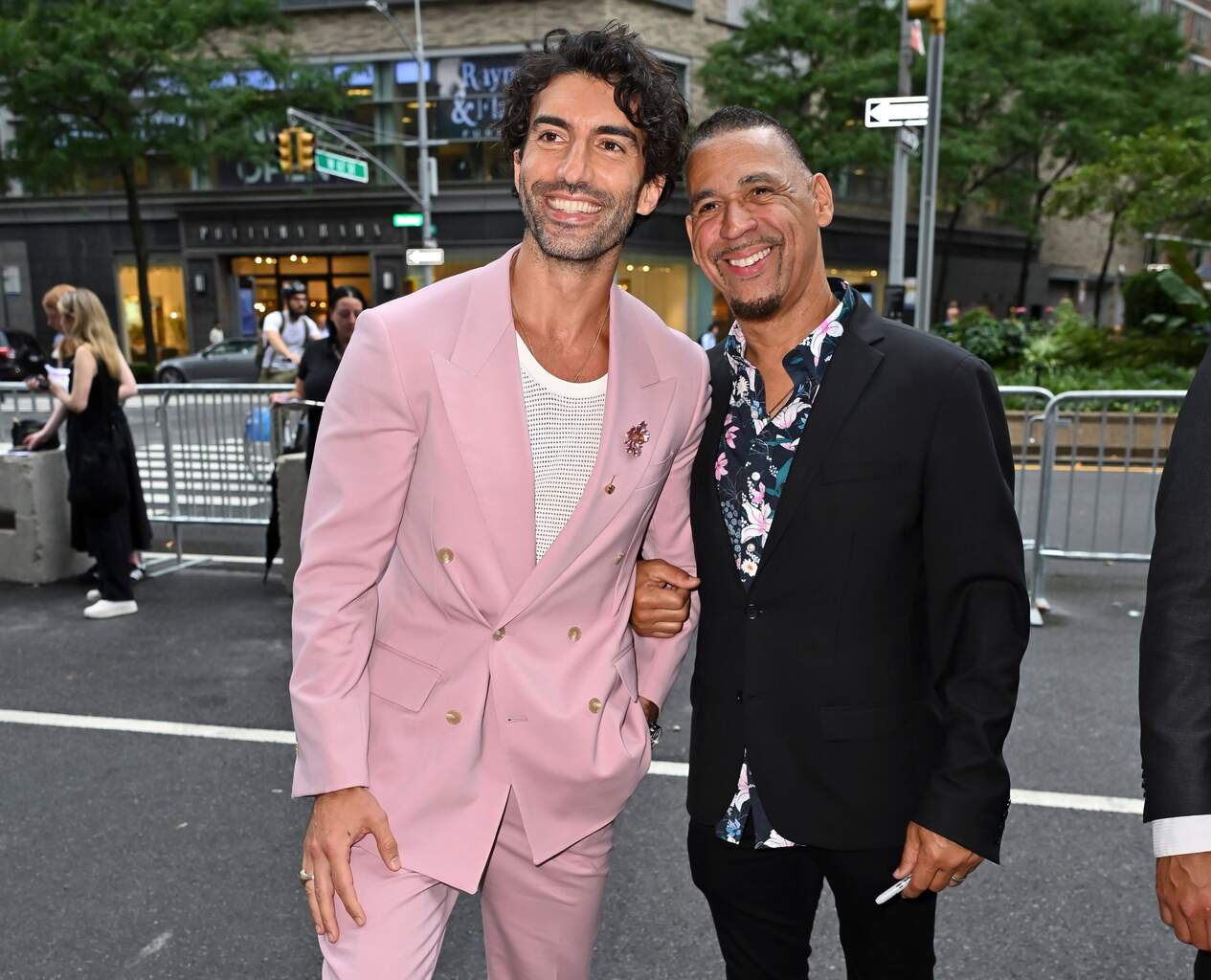
From the outside, Nathan Miller, crisis communications strategist and CEO of Miller Ink, doubts that any ‘dark arts’ social manipulation or bot army was ever deployed. Most of the time, he says, these campaigns tend to be pretty transparent.
‘It’s more effective to create a strong message and reach a targeted audience and actually capture real interest and engagement,’ Miller says. ‘Although there are certainly examples of, say, foreign governments that use bots and social manipulation to play in American media… they’re usually pretty easy to see through.’
The backlash against Lively online largely pivots around a traditional ‘mean girl’ narrative, with added emphasis on Lively’s occasional ‘tone deaf’ decisions. Videos have resurfaced of interviews where some viewers did not find her sufficiently pleasant. Others disliked her choice to urge audiences to ‘Grab your friends, wear your florals’ to the movie and to promote her alcohol brand, given the film’s focus on domestic violence. Others recalled Lively’s choice in 2014 to run an editorial spread glamorising the Antebellum South in her now-defunct life- style magazine, Preserve. Baldoni’s lawsuit argues that the negative attention Lively received was all self-inflicted.
As messy as this legal fight might be, it’s part and parcel of our legal and media eco-system. In recent years, experts have observed a rise in defamation lawsuits levied against women who make #MeToo accusations and, as Tenbarge sees it, that uptick represents an effort to ‘weaponize the legal system itself’.
‘Experts have observed a rise in defamation lawsuits levied against women who make #MeToo accusations.’
Social media, which has become a go-to news source for many, exacerbates this trend, she says, because given how complicated these disputes tend to be, ‘It’s easy to mislead. people about what is happening in the court.’
Although Baldoni seems to have more support online, he’s faced professional repercussions. Talent agency WME dropped him last December (his camp has claimed that Ryan Reynolds, Lively’s husband, pressured WME to drop him, an assertion the agency has denied) and his Man Enough co-host, journalist Liz Plank, left the podcast that same month.
Olivarius also wonders who will want to work with him after this fight, given how many other Hollywood directors there are to choose from. Still, Tenbarge says, the legal battle could benefit him in the long run. ‘It’s already given him a bigger audience and more support and recognition than he’s ever received at any other point in his career.’
Right now, the court case is set for March 2026. Tenbarge suspects that social media coverage could influence the jury pool and everyone watching online in Baldoni’s favour. ‘I think we’re going to have online warfare break out around this trial.’
Photo: Getty

